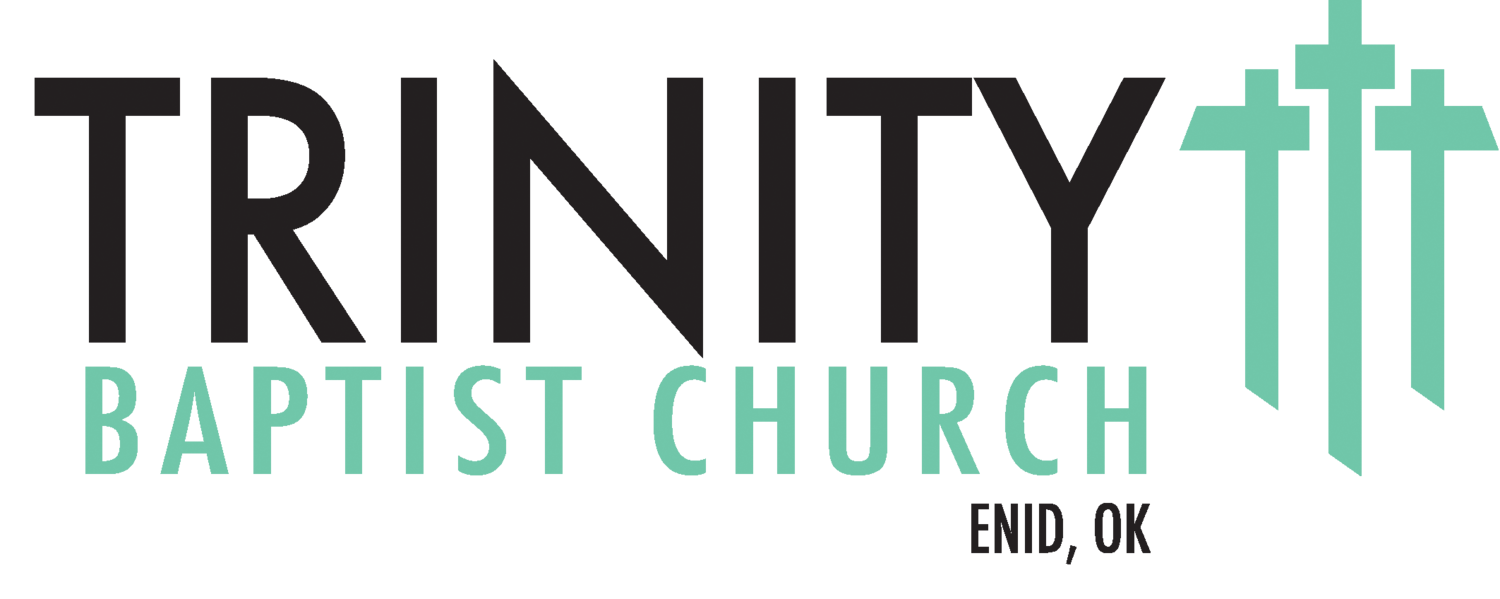Tuesday morning we find Jesus returning to Jerusalem and making a point to go straight to the Temple. There Jesus is met with the crowd and also the chief priests. Here they try to trap Jesus in questions about His authority, taxes, and the resurrection of the dead.
The Gospel of Matthew devotes an enormous of content to the Tuesday of Passion Week. Matthew 21:20-25:46 covers Jesus’ defense of the chief priest’s questions, many parables, teachings on taxes, the great commandment, the second coming, and much more.
Tuesday was a full day for Jesus. Even after the excitement created in the Temple yesterday, Tuesday no doubt left Jesus tired exhausted. There is also the fact that Friday is now a day closer and Jesus is ever-aware of this. Preparations are being made. The upper room is to be reserved, food is to be prepared, and betrayal plotted.
Jesus teaches through many parables on Tuesday, one of them being familiar to most,
28“What do you think? A man had two sons. And he went to the first and said, ‘Son, go and work in the vineyard today.’29And he answered, ‘I will not,’ but afterward he changed his mind and went. 30And he went to the other son and said the same. And he answered, ‘I go, sir,’ but did not go. 31Which of the two did the will of his father?” They said, “The first.” Jesus said to them, “Truly, I say to you, the tax collectors and the prostitutes go into the kingdom of God before you. 32For John came to you in the way of righteousness, and you did not believe him, but the tax collectors and the prostitutes believed him. And even when you saw it, you did not afterward change your minds and believe him. — Matthew 21:28–32 (ESV)
In these parables, Jesus is confronting the crowd and the chief priests with the reality they have created. It was assumed, the chief priests, Pharisees, and other religious leadership would be welcomed first into God’s embrace for all the works they have done. But Jesus had come to set them straight. Self-righteousness and piety had corrupted the relationship between God and Israel. That is why we see Paul in Galatians speaking to Jesus coming at the “fullness of time.” Israel needed to be saved from their own leadership.
Jesus tells all who are listening on Tuesday in the temple, using the two sons as the illustration, it is better to delay and still come, than never to come at all. Jesus came to save sinners, tax collectors, and prostitutes. But the best option is not mentioned, even though Jesus knows this. What is better than saying “I will not come” but come later, or “I will go sir” but never come at all? The best option is when we hear the good news of the gospel and see who Jesus is, we run to Him, love Him, and never look back.
In the Parable of the Tenants , we have Jesus speaking about his death. The Kingdom of God is like man who builds a vineyard and putting his servants in charge he leaves for another country. When it is the season for harvest, the servants kill all the vineyard owner sends—even his own son. How will the owner of the vineyard respond?
Unknowing to them, the crowd seals their own fate,
Matthew 21:41 (ESV)41They said to him, “He will put those wretches to a miserable death and let out the vineyard to other tenants who will give him the fruits in their seasons.”
The Passion of Christ was always part of God’s plan. Jesus was always the one who would come and set right creation and restore the relationship between God and His people. Disciple and correction was needed. Jesus knows His Father’s plan and is obedient, even when all others sent were killed. Jesus even speaks to the vineyard being taken away and given to another people—even the crowds reach this logical conclusion.
All of the parables and teachings on Tuesday, from the Temple to the Mt. of Olives are part of a larger picture being painted by Matthew as he reflects on all that he heard and saw. Looking back, no doubt Matthew wrote in detail all he could remember, because he knew what Jesus was doing. He was preparing His disciples, and later those who would read His words for His death, resurrection, and second coming.
Take time today, go back and read Matthew’s account of Tuesday. What are the moments that standout to you?
Do you get angry at the blindness of the crowds and the plotting of the chief priests? Does the words of Jesus on the second coming worry you?
Have you considered, as Jesus teaches openly with the crowds and privately with His disciples—in the back of His mind is the cross? Such a thought should near break us. That is our Savior. The one who presses on for the sake of His people.
For us as the reader, we can find hope and encouragement in the days leading up to Jesus’ death. He is in absolute control of history. God’s plan is not changed by men and women and their success and failure. God’s plan was for His Son to die on the cross to atone for the sins of his people, rise from the dead never to die again and return, fully and absolutely ushering in the Kingdom of God. May Jesus Christ be praised.

